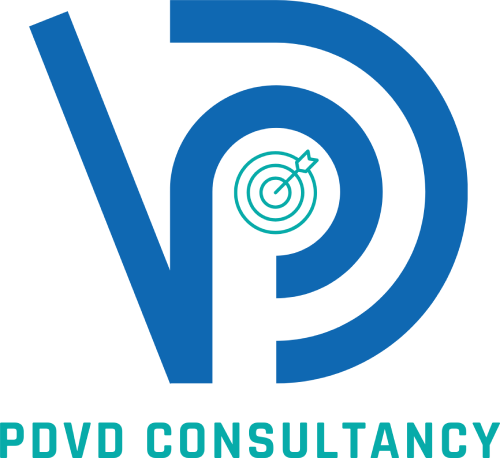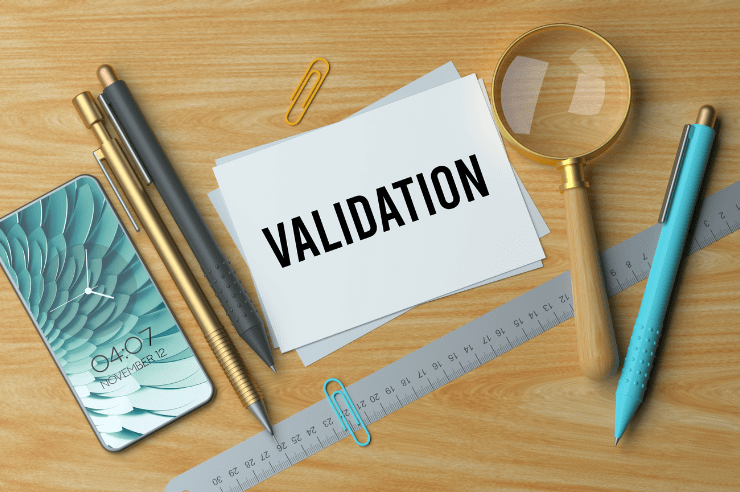Pharmaceuticals, a very crucial sector for the survival of humankind and one that is very close to the healthcare sector, depend heavily on quality control. While it is mandatory, it can be quite daunting to maintain a specific level of quality with each batch and type of drug. The answer lies in one word that defines the integrity of the entire system: validation. A pharma manufacturing firm can seek the assistance of pharmaceutical validation services for the same.
At Pharmaceutical Consultants, we specialize in providing high-standard pharma facility Planning, Designing, Validation, and Documentation services for businesses. Validation isn’t just a regulatory checkbox; it’s the pulse that keeps every process alive, predictable, and pure.
What Is Validation in Pharmaceuticals?
Validation, for the pharma space, works like proof that this entity can take care of all the systems and processes a pharmaceutical manufacturing unit may need. It also verifies that manufacturing processes consistently produce products meeting predefined standards for the drugs while maintaining safety measures and standards, too.
When validation is done right, it builds a chain of confidence that runs from the laboratory bench to the patient’s hand.
Why Validation Matters So Much
Let’s be honest, in most industries, a small deviation might mean a minor inconvenience. In pharmaceuticals, it could mean the difference between healing and harm, confirming the importance of validation.
The process of making medicines is incredibly delicate, and a pharmaceutical consultancy
like PDVD clearly understands that. The scope of validation in quality assurance is quite high.
Maintaining temperature(s) for a particular spot and process, humidity level, and equipment calibration are mandatory for a drug and its potency. That’s where validation becomes a shield, ensuring that no step, however small, escapes scrutiny.
Importance of validation in the pharmaceutical industry
It guarantees that:
Processes are predictable. No matter who operates the system or when, the output remains the same.
Quality is consistent. Every batch is as reliable as the last.
Patients are protected. The end product is safe, effective, and trustworthy.
In a world where public health depends on microscopic accuracy, validation is what keeps the trust unbroken between pharmaceutical companies and the people they serve.
Types of Validation in Pharmaceuticals
The main types include:
1. Process Validation
This confirms that a manufacturing process, when operated under set conditions, consistently produces the desired result. It involves a deep study of equipment, environment, and workflow. For example, validating a granulation process ensures that every batch of a tablet has the same texture, weight, and potency.
2. Cleaning Validation
This is one of the most crucial validations in any pharmaceutical facility. It ensures that residues from a previous product, detergent, or microbial contaminant do not carry over into the next batch.
3. Equipment Qualification
Every instrument and system within a pharmaceutical unit, from mixing tanks to sterile filling machines, must go through rigorous qualification stages:
Installation Qualification (IQ), Operational Qualification (OQ), and Performance Qualification (PQ).
Each stage confirms that the equipment is installed, operated, and performing within acceptable limits.
4. Analytical Method Validation
Before a drug is approved for release, the analytical methods used to test it must themselves be validated. This ensures the accuracy, precision, and reproducibility of every test, making sure the numbers reflect the truth.
5. Computer System Validation (CSV)
With modern pharma facilities running on digital ecosystems, even software now undergoes validation. CSV ensures that the data controlling automated systems and digital records are secure, traceable, and compliant with global standards.
Why is Validation Required?
Regulatory authorities like the FDA, EMA, and WHO place enormous emphasis on validation for good reason. A validated process means a verifiable trail of reliability. It’s a scientific proof that a product’s quality wasn’t just assumed; it was demonstrated, documented, and maintained.
Non-validated systems can invite not just compliance penalties but also product recalls, reputational damage, and worst of all, potential harm to patients. At PDVD, as pharmaceutical consultants, our philosophy aligns with this regulatory mindset, knowing the advantages of validation. We help our clients design and maintain fully validated environments where compliance isn’t a fear; it’s a natural result of good science and disciplined execution.
How PDVD Supports Validation Excellence
Building a pharma-grade facility is not just about erecting walls or installing machines. It’s about engineering trust into every corner of the process.
PDVD partners with pharmaceutical companies to develop environments that support comprehensive validation from the ground up.
Our approach includes cleanroom design and qualification, Utility and HVAC validation, equipment commissioning and qualification support, and documentation support.
The Human Side of Validation
Behind every successful validation effort are people: engineers, microbiologists, and quality experts who understand that what they do isn’t just technical; it’s ethical.
Validation, therefore, becomes more than compliance. It becomes compassion translated into precision. It’s how science keeps its humanity intact.
The Future of Validation: Automation and Intelligence
As the pharmaceutical industry embraces digital transformation, validation too is evolving.
Predictive analytics, AI-assisted monitoring, and cloud-based validation systems are changing how companies approach compliance. Real-time validation allows for continuous oversight, minimizing risks and maximizing efficiency, replacing periodic ones.
At PDVD, we keep up with the updates and consistent growth. Our team strives to offer the level of validation services that fetches you more than regulatory green signals. It makes you the most preferred pharma firm.
The future of validation isn’t just data-driven. It’s intelligence-driven and precise, proactive, and people-centered.
Conclusion
In the pharmaceutical industry, trust is the currency. And validation is how that trust is earned, proven, and sustained. From equipment to environment, from process to product, validation ensures that no link in the chain fails when lives depend on it.
At a pharmaceutical consultancy, we don’t view validation as paperwork or protocol. We see it as a philosophy, a commitment to purity, precision, and patient safety.
Because in pharmaceuticals, you can’t simply make products; you must make promises, and validation is the science that keeps those promises unbroken.

